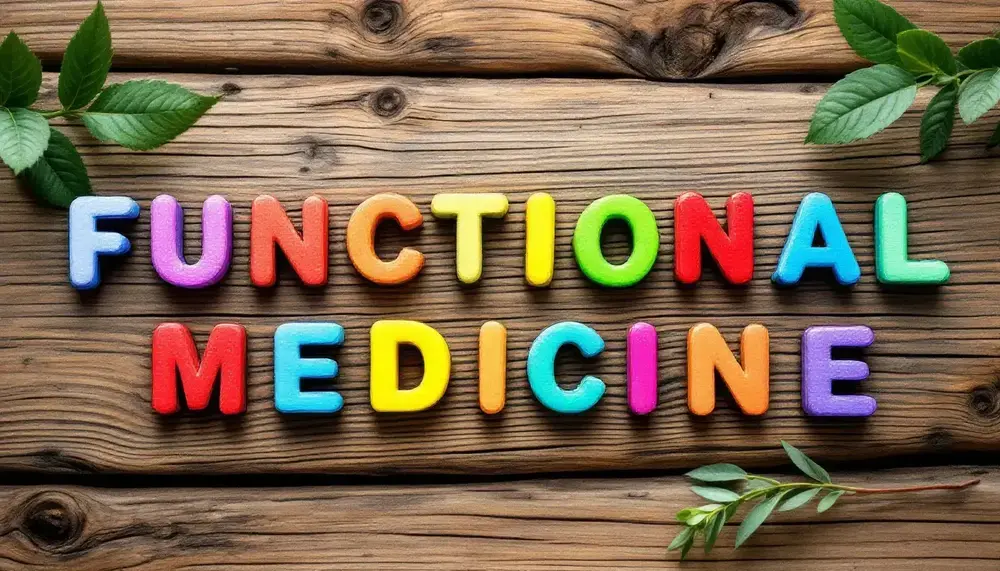Being unable to manage anxiety can weaken your immune system and make you more susceptible to COVID-19 infection. More television, more news media, more conversations about the state of affairs should currently be rated R. We know that high levels of anxiety can weaken the immune system by releasing chemicals into the bloodstream. Selye was the first scientist to identify ‘stress’ as underpinning the nonspecific signs and symptoms of illness (Tan and Yip, 2018). Stress is the flight or fight response that helps protect us, however, when this is turned on whether for a short period of time or long term, our immune system will begin to decline. The stress response is divided into 3 phases the alarm stage, resistance and exhaustion. According to Selye: ‘Every stress leaves an indelible scar, and the organism pays for its survival after a stressful situation by becoming a little older.’ Understanding the stress response will help us identify ways to fight back. The stress response begins in the brain and alerts the autonomic pathways to the adrenal glands that we need them to work harder and release epinephrine (adrenaline). Once epinephrine is released, our heart begins to work harder, our lungs start to open up as small airways are preparing for this “flight or fight.” Soon, messages to other organs of our body, like our pancreas and liver, also compensate and cause our blood sugar to rise and increase our fat stores. The second surge of stress called the resistance stage typically occurs forty-eight hours after the stressful insult and activates the HPA axis. The hypothalamic-pituitary-adrenal (HPA) axis releases cortisol intended to protect you by boosting your immunity and reducing inflammation. Still, with long term sustained stress, the body’s immune system eventually becomes weak, and we become vulnerable to infections and disease. Think about the stress response next time you listen to news media, scroll through Facebook, or keep up with any negative state of mind. Training your inner guidance system to feel this through will help you identify negative from positive stress. Ask yourself if this activity is helping you stay healthy. How do you think or feel after watching this or hearing the latest events? Being aware of the world around us is necessary, and it is useful to be conscious of political events and our neighborhood updates. Still, there are dangers to giving it your full attention. Increased levels of anxiety will alter your natural biology and most likely stress you out, making you and your family more vulnerable to heart attacks, diabetes, and in today’s world, COVID-19. Be healthy, stay active, eat nutritiously, laugh, fight back. Find ways and people to surround yourself with that bring healing, meditation, and peace to your inner being. And at the end of the day, fill your thoughts and heart with the sensation of love, this brings different chemicals into play that reduce the brain’s response to stress. Give it a try! /be-‘lev
Idan Shalev Lab – The Department of Biobehavioral Health …. https://sites.psu.edu/idanshalev/
Hans Selye (1907–1982): Founder of the stress theory | SMJ. http://www.smj.org.sg/article/hans-selye-1907%E2%80%931982-founder-stress-theory



